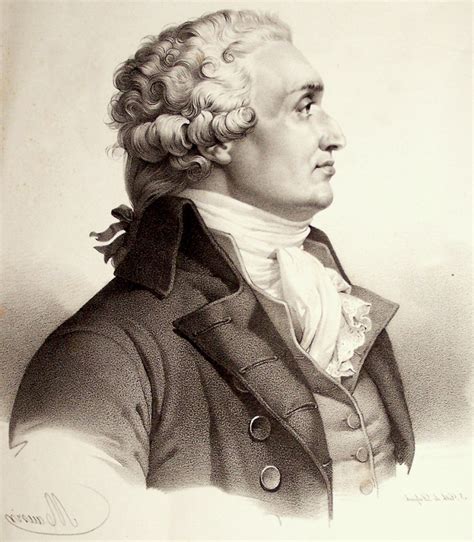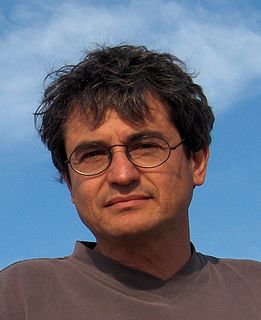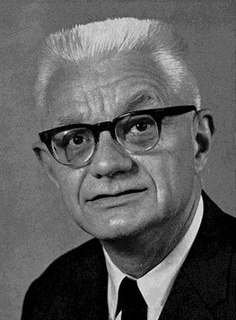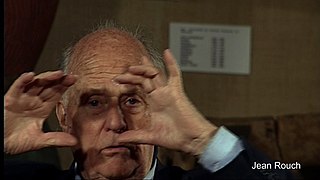A Quote by Thomas Malthus
It has been said, and perhaps with truth, that the conclusions of Political Economy partake more of the certainty of the stricter sciences than those of most of the other branches of human knowledge.
Related Quotes
A great man, who was convinced that the truths of political and moral science are capable of the same certainty as those that form the system of physical science, even in those branches like astronomy that seem to approximate mathematical certainty. He cherished this belief, for it led to the consoling hope that humanity would inevitably make progress toward a state of happiness and improved character even as it has already done in its knowledge of the truth.
The very foundation of science is to keep the door open to doubt. Precisely because we keep questioning everything, especially our own premises, we are always ready to improve our knowledge. Therefore a good scientist is never ‘certain’. Lack of certainty is precisely what makes conclusions more reliable than the conclusions of those who are certain: because the good scientist will be ready to shift to a different point of view if better elements of evidence, or novel arguments emerge. Therefore certainty is not only something of no use, but is in fact damaging, if we value reliability.
Because of its concrete content, sense-certainty immediately appears as the richest kind of knowledge, indeed a knowledge of infinite wealth for which no bounds can be found, either when we reach out into space and time in which it is dispersed, or when we take a bit of this wealth, and by division enter into it. Moreover, sense-certainty appears to be the truest knowledge ... but, in the event, this very certainty proves itself to be the most abstract and poorest truth. All that it says about what it knows is just that it is; and its truth contains nothing but the sheer being of the thing.
All those formal systems, in mathematics and physics and the philosophy of science, which claim to give foundations for certain truth are surely mistaken. I am tempted to say that we do not look for truth, but for knowledge. But I dislike this form of words, for two reasons. First of all, we do look for truth, however we define it, it is what we find that is knowledge. And second, what we fail to find is not truth, but certainty; the nature of truth is exactly the knowledge that we do find.
While the dogmatist is harmful, the sceptic is useless ...; one is certain of knowing, the other of not knowing. What philosophy should dissipate is certainty, whether of knowledge or of ignorance. Knowledge is not so precise a concept as is commonly thought. Instead of saying 'I know this', we ought to say 'I more or less know something more or less like this'. ... Knowledge in practical affairs has not the certainty or the precision of arithmetic.
I look at the human sciences as poetic sciences in which there is no objectivity, and I see film as not being objective, and cinema verite as a cinema of lies that depends on the art of telling yourself lies. If you’re a good storyteller then the lie is more true than reality, and if you’re a bad one, the truth is worse than a half lie.
Enforced by genetics, sexual reproduction, perspective, and experience, the most manifest characteristic of human beings is their diversity. The freer an economy is, the more this human diversity of knowledge will be manifested. By contrast, political power originates in top-down processes-governments, monopolies, regulators, and elite institutions- all attempting to quell human diversity and impose order. Thus power always seeks centralization.


































